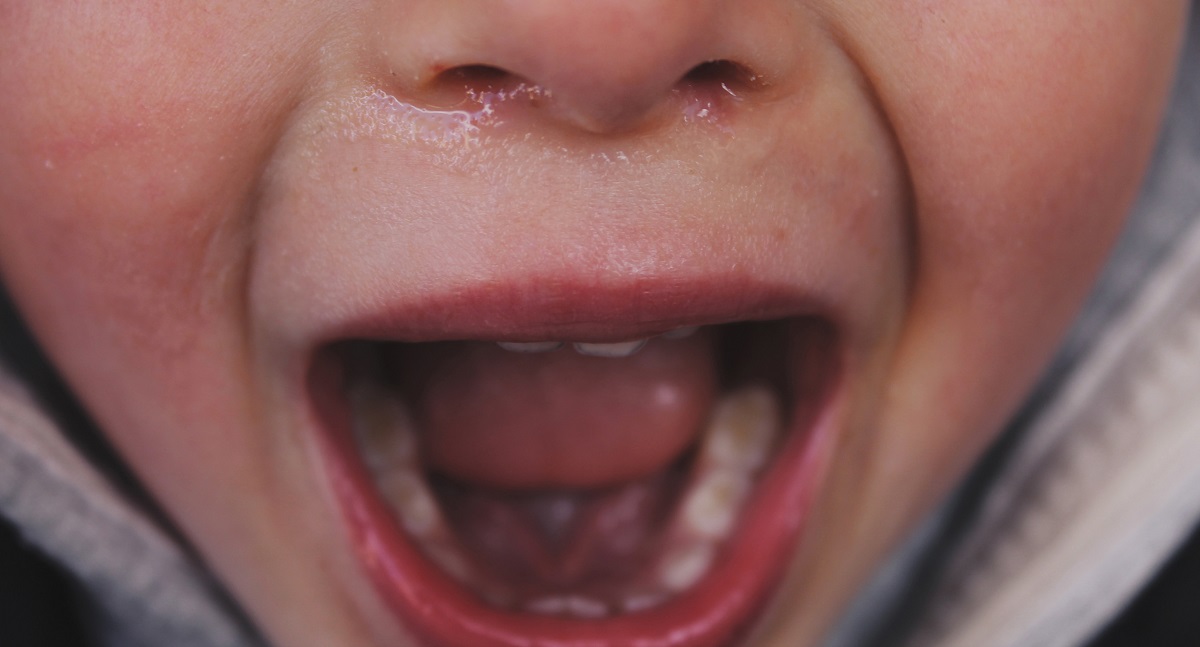Contact Us
So you’re going through the tantrum stage. Yikes! Tantrums come in all shapes and sizes. They often include one or more of the following: falling on the floor, screaming, crying, biting, hitting. My daughter started the tantrum stage around her first birthday. The good and bad news is that the tantrum stage can come and go quickly. So during those unexpected outbursts, here’s a list of Do’s and Dont’s :
DO’s:
Do take a few deep breaths! It’s our instinct to keep our children happy. There’s also a huge expectation that as parents, we have total control of our children (LOL, right?!). It’s easy to act quickly to calm your child down out of anxiety and fear of what others will think. But stop and breathe!
Do figure out the reason for the tantrum. Ok, so you’ve stopped and taken a few breaths. Now figure out which of the following goals your child is trying to reach by throwing a tantrum:
- Gain access to something “tangible.” Is your child screaming for the Snickers at the checkout counter?
- Get out of an environment or task-demand. In psychology we refer to this as “escape.” Is your child throwing himself in the floor when you are picking him up to put him at the dinner table?
- Attention. I noticed my little girl would randomly start screaming when she was playing alone (supervised of course) as I worked from home. She simply wanted attention.
Do teach your child positive ways to access desired outcomes. As parents, we often feel as though we need to teach our children what not to do. But to do this we need to teach them what to do.
- Does your child throw a tantrum for toys or snacks? Provide your child with these things following positive behaviors. For example, provide your child with a sticker following a trip to the library in which she was compliant to your requests.
- Does your child throw a tantrum to get out of a simple demands, like picking up his shoes? Explain to your child that you are going to do a chore for him because he complied to your previous request.
- Does your child throw a tantrum for attention? Be purposeful in providing positive attention to your child during times when she is not throwing a tantrum.
Do address tantrums the same way each time. Consistency really is key.
Do consider using time-outs if necessary. Time-outs are effective for addressing problem behaviors. Just make sure to implement them consistently and effectively.
DON’Ts:
Don’t (this is the big one) allow your child to access what he wanted by throwing a tantrum. Tantrum for a tangible? Sorry, Johnny, no Snickers for you. Tantrum for escape? Do not allow the child to escape the task or environment. Tantrum for attention? Nope. Actively ignore the tantrum. Instead, provide positive attention to the child after he has calmed down.
Don’t feel guilty that your child is throwing a tantrum in public. It’s impossible to not feel slightly embarrassed, I’ll admit. However, kids do this. It’s not your fault. But it’s your job to teach them better ways to get their needs met. And this requires that you do not give in to tantrums out of embarrassment.
Don’t spank your child. I know this is a hot button, but research from AAP has shown that spanking is harmful long term. It leads to increased aggression and negative behaviors.
Don’t be afraid to ask for help. Ask friends and family members for advice. Get them to observe a tantrum and specifically ask them for feedback on how you addressed it. If you feel your child’s tantrums are significantly frequent or intense, ask for professional help. Your pediatrician can likely refer you to a psychologist or behavior analyst who is trained in behavior management.
Follow these guidelines and your child’s tantrums will significantly decrease. However, don’t be surprised if the tantrums get worse before they get better. Just imagine if you were given ice cream for a month straight each time you cried. Then, all of the sudden, you cry and don’t get ice cream. What do you do? Well, you cry harder of course. But eventually we learn that our behavior is not leading to the desired outcome. So don’t be discouraged if you feel like things aren’t improving or are actually getting worse initially. Good luck Mama, you’ll get through this!
 Dr. Hannah Samaha lives with her husband, 18-month-old daughter, and dachshund in New Orleans, Louisiana. She has a PhD in School Psychology and is a school psychologist for a local charter school network. Hannah has a passion for addressing children’s behavioral needs through consultation with parents and teachers. Her research has involved the examination of behavioral consultation through videoconferencing. Feel free to reach out to her at hannahlsamaha@gmail.com.
Dr. Hannah Samaha lives with her husband, 18-month-old daughter, and dachshund in New Orleans, Louisiana. She has a PhD in School Psychology and is a school psychologist for a local charter school network. Hannah has a passion for addressing children’s behavioral needs through consultation with parents and teachers. Her research has involved the examination of behavioral consultation through videoconferencing. Feel free to reach out to her at hannahlsamaha@gmail.com.
